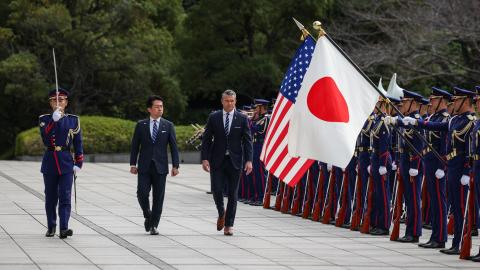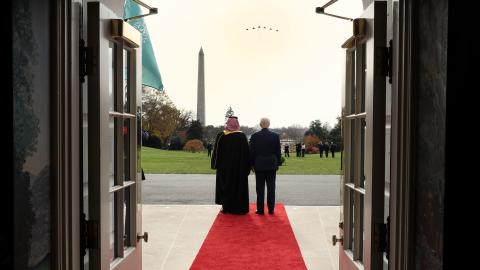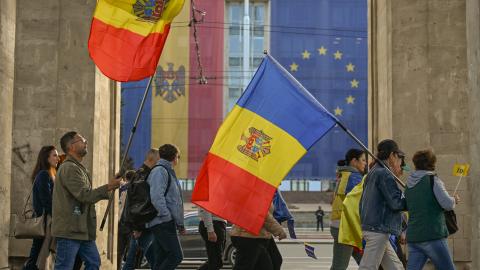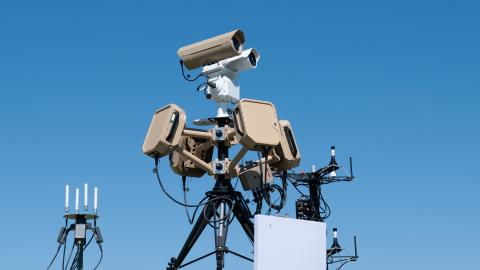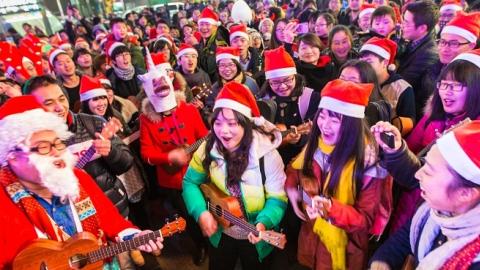Although never officially a Christian country, Christmas has become a festive time for hundreds of millions of Chinese citizens. In this respect, the country has come a long way given that celebrating Christmas was banned not so long ago by the Chinese Communist Party.
Walk into any shopping centre or well-heeled section of any major city in the country and the lights, decorations and ornaments will remove any doubt that the festive season is at hand. But Christmas still makes the CCP a little edgy. It ought not to if the CCP plays their cards right.
Maybe it is inevitable that Christmas was always going to take off in still officially atheist China. After all, the closest thing we have to Santa’s workshop is no longer in the North Pole. It is in the town of Yiwu, some three hundred kilometres south of Shanghai. In Yiwu, you will find some 600 factories that make an estimated 60 per cent of all Christmas decorations and accessories purchased by households around the world this year: lights, Christmas tree balls, Santa hats and the silly reindeer antlers that have somehow become cool of a sudden.
So when it comes to decorations at least, Santa’s helpers are no longer elves but mainly migrant Chinese workers earning $400-500 a month.
Bear in mind that the ‘Made in China’ stamp will still be seen somewhere on a high percentage of toys given as presents around the world, and the same with Christmas trees. So Santa might as leave the North Pole and set up shop in one of the ghost cities throughout the country.
On a more serious note, why is the CCP nervous? There are some within the Party expressing dismay that the commercialism of celebrating Christmas will only encourage a "base materialism” that will “erode and degrade the morals of the country and ability of the people to sacrifice” as one report released by some state-funded researchers puts it. But when it comes to materialism in China, the horse has clearly bolted. Such Maoist purity will be confined to the past.
Of greater concern to the CCP’s leadership is the rise of Christianity in the country, and also the emergence of ‘house churches’ throughout China: so called because it describes Christians meeting in each other’s houses to worship in private rather than publically in state-sanctioned and regulated Christian churches.
The rise of Christianity is something which many in the CCP do not really understand, and therefore fear. The CCP values (and demands) loyalty to the Party above all else from the Chinese people. Yet, there are now an estimated one hundred million Christians in China, with the majority of these worshiping in ‘house churches’ much to the CCP’s dismay. This means that the number of committed Chinese Christians now outnumber members of the CCP, of which there are around eighty five million.
In a country where all formal groupings must be state-sanctions in order for the Party to regulate their activities, the rise of such a vast number of ‘unregulated’ Christians is a concern, and it is feared that the celebration of Christmas by the country more generally might encourage many more citizens to join their unregulated brethren.
The Party’s insistence that all groups must be state-sanctioned and display loyalty to the CCP first and foremost is obviously a legacy of the Mao Zedong version of totalitarianism even if contemporary China is no longer a totalitarian state. But such thinking is also informed by more recent events. The CCP is well aware that ‘independent’ or ‘unregulated’ trade unions and other such bodies played a significant role in the downfall of Communist regimes in Eastern European countries such as Poland, the former Czechoslovakia, Romania and Hungary.
More pointedly, the CCP noted the role that Pope John Paul II played in helping to ‘defeat’ Communism, especially in his native Poland. The CCP have not forgotten the Pope’s visit to Poland in 1979 when he was received by millions of Poles of all ages. The line that the Pope kept on repeating was ‘Don’t be afraid’. It was no coincidence that Solidarity, the first mass anti-communist political movement in Poland, was formed a year later by Lech Walesa (leader of an ‘unregulated’ trade union) with full support from the Catholic Church.
No one thought that this could happen in Poland or Eastern Europe. Keen observers of history -- their own and Europe during the Cold War -- the CCP is certainly anything but complacent. This is the reason why many underground bishops and home church leaders have been arrested over the past couple of years.
Should the CCP fear the rising popularity of celebrating Christmas? The first thing to note is that the vast majority of Chinese citizens are embracing the materialistic side of the festive season rather than the religious aspects: gift-giving, bright lights, decorating homes and shopping malls etc. Celebrating Christmas is merely a predictable extension of the Chinese people wanting the ‘good life’ that is part and parcel of rising prosperity; the very thing the legitimacy of the CCP depends on.
Second, and when it comes to religion and private worship, it is clear that the CCP has remain in power largely because it has learnt to let go of many aspects of the citizens’ lives that is rightly considered ‘private’.
The CCP cannot force people to love the Party but it can push people into hating the CCP if the Party’s grip is too tight. Adopting too repressive a line on private matters will only increase resentment against the Party and drive tens of millions underground in undertaking private activity like religious worship -- which is exactly what has happened. From the Party’s point of view, there is no evidence that house church worshipers are becoming politicised in any way. Indeed, repressing their religious beliefs and practices is a sure way to politicised Christians throughout the country.
So it is in the Party’s own best interests to welcome China’s embrace of festive traditions, offer a lighter touch when it comes to the worship preferences of its people, and very openly wish the country and its people a ‘Merry Christmas’.
